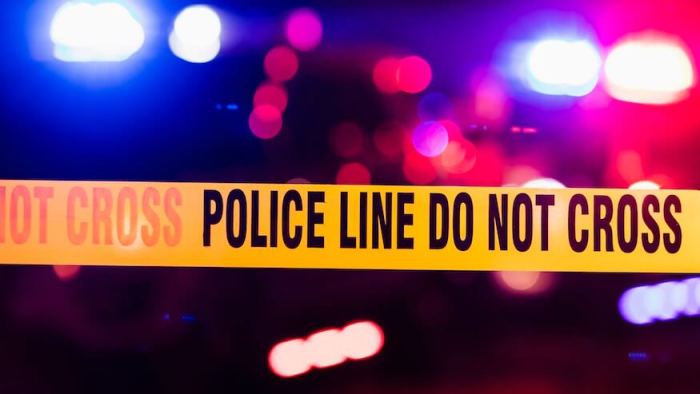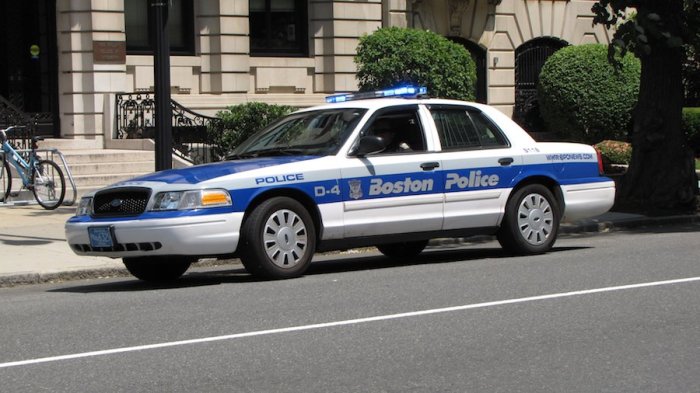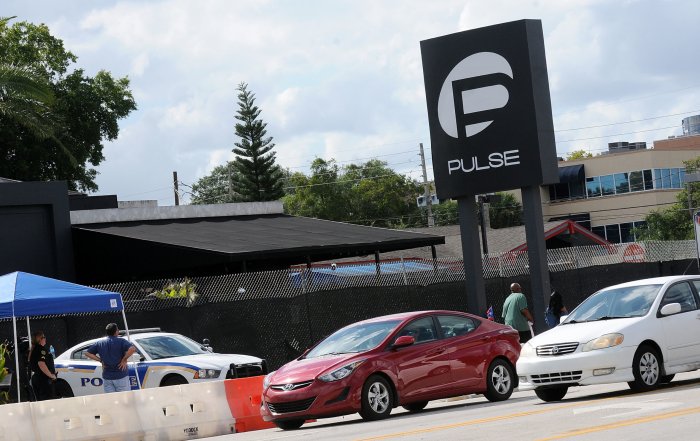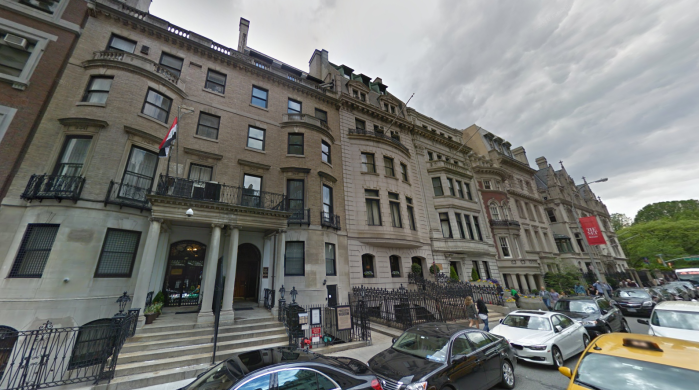When Colin Hanks first heard about the Paris attacks on November 13, 2015, he thought about his friends: the members of the band Eagles of Death Metal. The rock ’n’ rollers were playing a show at Le Bataclan when terrorists entered the theater. When the ordeal ended, 89 had been killed. The band escaped, but Nick Alexander, who manned the merchandise table, was among the dead. “I wanted to help my friends in any way I could,” Hanks tells us. “It wasn’t me going to get food or something like that. It was me just saying, ‘If you want to talk about this, we can talk about this. If you don’t want to talk, you don’t have to.’” That said, it wasn’t Hanks’ idea to make what became “Eagles of Death Metal: Nos Amis (Our Friends),” his new documentary, which follows Eagles of Death Metal as they returned to Le Bataclan just three months later to finish their show. Their respective managers had discussed having cameras there to document what would be a trying experience. Hanks signed on a month before it happened, though the band were at first, understandably, reluctant. “They said, ‘Look, this is really difficult and hard. We don’t want to bring a friend into this,’” Hanks recalls. But they changed their minds, in part because Hanks came from a good place. “We wanted to make something positive from this. The initial idea was to be there when everyone is collectively picking themselves up and trying to move forward.” RELATED: Interview: Common on balancing the fun “John Wick” with the serious “13th” The actor-turned-filmmaker — who made the doc “All Things Must Pass,” about Tower Records and is, of course, the son of Tom Hanks — doesn’t only focus on the concert. The first half-hour relates Eagles of Death Metal’s history: how two longtime friends, Jesse Hughes and Josh Homme, decided to form a band when the latter recognized that the former needed an outlet for his considerable energy. Hanks’ movie is as much about their origins and the unspeakable tragedy as it is about Hughes’ and Homme’s friendship. Homme also founded Queens of the Stone Age, but he tries to play drums in Eagles of Death Metal as often as he can. In fact, he wasn’t there for the Bataclan show, and spends much of the film trying to comfort a traumatized, often fragile Hughes. “That’s something we don’t see very often: someone trying to help his friends,” Hanks explains. “You always see someone struggle. Very rarely do you get to see the side of the story in which the person who wasn’t there, who had guilt for not being there, tries to help their friends and family get through that.” When Hanks’ film gets to the incident itself, he doesn’t try to cover every grisly detail. He listens to those who survived it. That includes fans at the show, i.e., people who were, to Hanks and the band, strangers. “I thought interviewing my friends was going to be the most difficult part. I couldn’t have been more wrong. At least I knew them,” Hanks says. The survivors he wound up interviewing had not spoken much publicly about their experiences, and had spent the previous three months bombarded by journalists trying to get their stories. Hanks found them through a friend who runs a bakery near his home, who is French and plays in a metal band. She found a group of friends who were trying to comfort each other. “It wasn’t about me getting the worst stories out of them,” Hanks explains. “I wanted to give them the opportunity to tell their story and know that it was going to be handled delicately and appreciatively. It would have impact and not just be something that was spit out on the news.” While making it, Hanks tried to stay positive but honest. “A lot of the survivors we spoke to said, quite simply, ‘This is my second life.’ They’d been given this opportunity to have a new life as a result,” says Hanks. “Jesse talks about how he’s had three lives: He had his life before rock ’n’ roll, his life in rock ’n’ roll, and now this new life.” The act of making the film was therapeutic for all, though Hanks says the band has a hard time watching it. “I don’t blame them,” he says. “I would, too.”
When Eagles of Death Metal’s return show was announced, there were many questions about it being too soon. The band members themselves were nervous. But they insisted the concert be positive. They wouldn’t talk about the events of that night or fume with anger over the assailants. They would just play rock ’n’ roll. “It was about saying, ‘We’re here now. Let’s not obsess over all of the things we could have done differently. Let’s live in this moment now,’” Hanks recalls. “That’s what rock ’n’ roll is supposed to be: finding that moment of escape or soul-searching or solace. It’s about being in as much of the moment as you can be.”
Colin Hanks on helping friends with ‘Eagles of Death Metal: Nos Amis (Our Friends)’
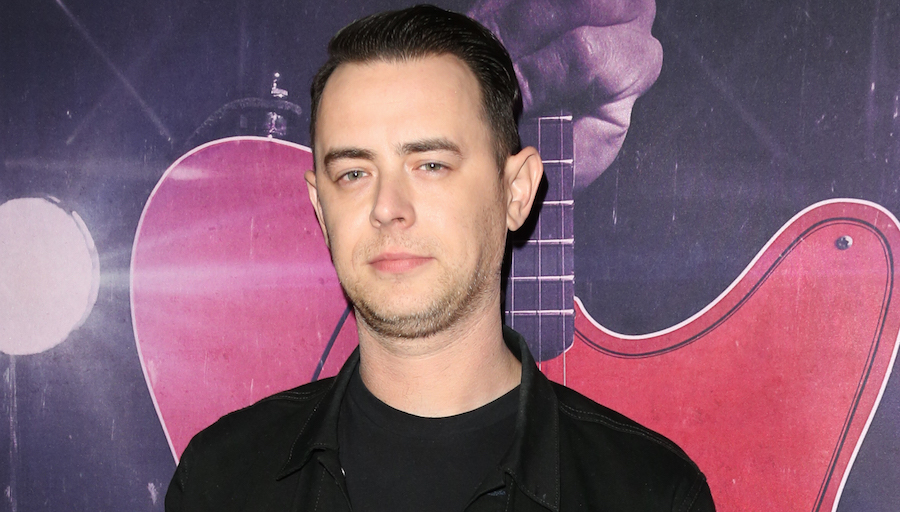
Getty Images
Follow Matt Prigge on Twitter @mattprigge











